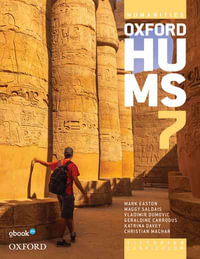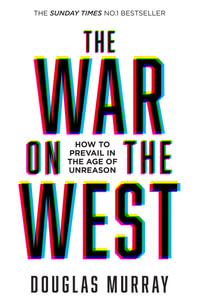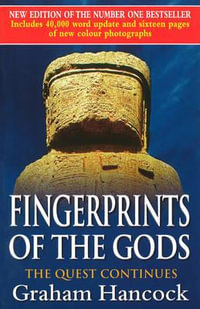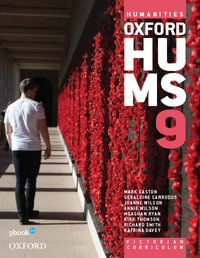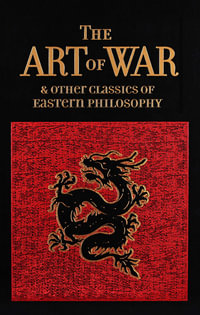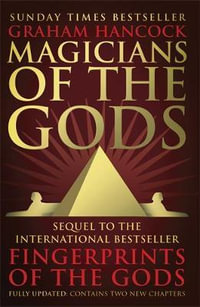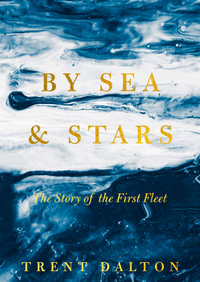It is today widely accepted that we do not get the whole truth from any historian. Greek and Roman Historians considers the work of ancient historians such as Herotudus, Tacitus and Thucydides in the the light of this attitude. In an enlightening new study, Michael Grant argues that misinformation, even deliberate disinformation, is abundant in their writings.
Grant, one of the world's greatest writers of ancient history, suggests new ways of reading and interpreting the ancient historians which maximise their usefulness as source material. He demonstrates how the evidence they provide can be augmented by the use of other, literary and non-literary, sources.
Greek and Roman Historians shows us how we can use written history to learn about the ancient world, even if our conclusions are not those its historians intended. The author argues that their work remains our most important source of information, once we have learned to question and incorporate their imperfect regard for the truth.
Grant's account is an indispensible guide to the sources and their interpretation for all students of ancient history.
Industry Reviews
Revisiting ground covered in his Ancient Historians (1970), prolific and celebrated classical historian Grant (The Antonines, 1994, etc.) turns his attention to several of his greatest ancient counterparts. Although many ancient authors were superb writers, Grant argues, "one must expect a good deal of inadequacy and misinformation from the ancient historians." This is due, he contends, not only to the pervasive difficulty historians and journalists of any age encounter in finding out what is going on, but also to the close relationship between ancient historical works and other literary genres: "Ancient history was understood not as history, according to our meaning of the word, but as literature." In his survey of great Greek writers like Herodotus, Thucydides, Xenophon, and Polybius, and of Latins like Caesar, Sallust, Livy, Tacitus, and Suetonius, Grant examines qualities of these ancients that made them at once marvelous writers and unreliable historians. Ancient historical works, Grant points out, grew out of epic and tragic poetry and contained long, elaborately constructed digressions and speeches (which could not have been accurate constructions of what was actually said). Ancient writers were chauvinistic, moralized too much, and overemphasized religion, biographies of great men, and wars. Also, these historians' love of good though improbable stories sometimes triumphed over rigorous reporting of the truth, and they tended to condemn and praise persons, sometimes out of self-justification. Also, many, Grant contends, simply didn't get their facts right. Nonetheless, Grant concludes that because of the excellent literary quality of their works, and because they are the single best source of information about their world, the ancient historians are worth reading. A brief but intriguing look at a time when history was a branch of literature rather than a scientific discipline, and an essential perspective for classicists who rely on these works to reconstruct the ancient world. (Kirkus Reviews)



